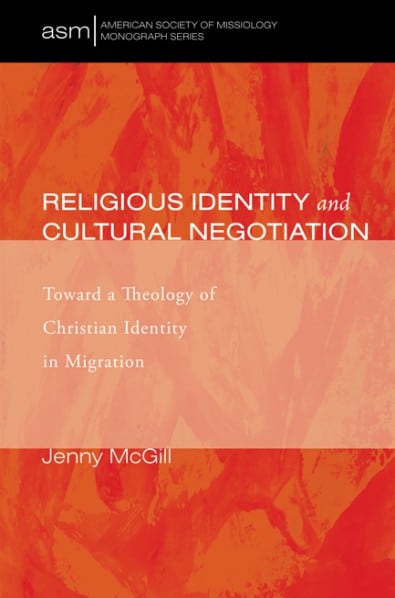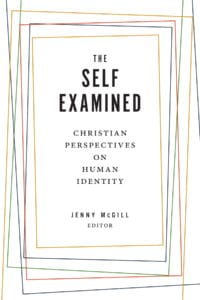
“Combining theologies of identity with sociological research, Jenny McGill examines how [migrant] experiences illuminate the human relationship with God. She contributes intelligently to migration theologies that warn against territoriality and stasis in theological engagement. . . . an excellent guide.”
– Emma Wild-Wood, PhD, Senior Lecturer of African Christianity and African Indigenous Religions, University of Edinburgh
“A genre-bending book . . . grounded in rigorous research spanning multiple countries, it is a cogently argued and theologically profound meditation on how disoriented religious actors rewrite their identities within faith communities.” – David R. Swartz, Associate Professor of History, Asbury University

“Often in radically changing times, we reflect on identity instinctively from the perspective of fear. This book not only describes this phenomena but also gives fresh perspectives on how to deal with contemporary identity formation. I highly recommend this book.”
– Jacobus (Kobus) Kok, PhD, Department Chair and Professor of New Testament Studies, Evangelische Theologische Faculteit, Belgium
“McGill gathers a group from various disciplines and cultural backgrounds to consider human identity-making, articulating how multiple identities are negotiated. . . . an important contribution to the conversation of how and who we understand ourselves to be, advancing our discernment of identity both in a biblical and in a broader cultural horizon.” – Markus Zehnder, PhD, Professor of Old Testament and Semitics, Talbot School of Theology